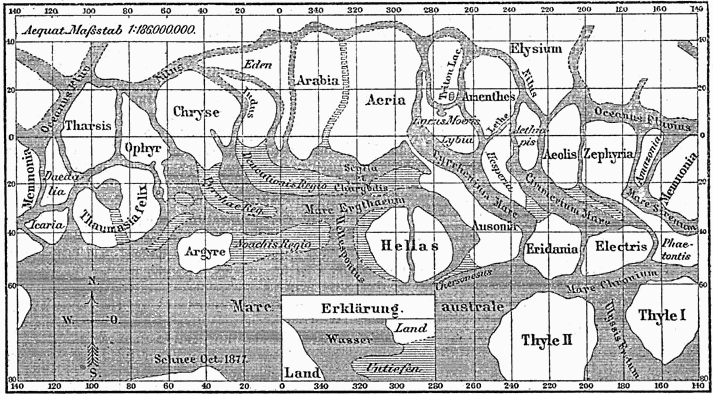I originally became aware of this series when I read the short story, "The Wreck of the Mars Adventure" in Old Mars, an anthology of stories about Mars, edited by George R. R. Martin and Gardner Dozois. This introduces the setting, where space is filled with breathable air. This means that ordinary sailing ships can be modified to sail between celestial bodies. The short story describes the first attempt to sail to Mars and was rather enjoyable. The Arabella trilogy is set later in the same world. The author's intent was to write a clockpunk [1] regency novel.[2] I was intrigued by the idea and thought that Leann might like that concept, so we started reading them together.[3] The books in the trilogy are: Arabella of Mars, Arabella and the Battle for Venus, and Arabella the Traitor of Mars.
All three books are from the point of view of Arabella Ashby, a human woman who was born and raised on a plantation on Mars. But don't let the setting fool you. Arabella is not a 19th Century heroine. She is a fully-fledged 21st Century social justice warrior (SJW). She has no character flaws [4]; those are reserved for all the other characters and (more importantly) the backwards society she is stuck trying to fix. All three books have the same basic plot: something happens that threatens Arabella's happiness. Her friends and/or family tell her to leave it alone. But each time Arabella recklessly runs away, sails around the solar system, takes ridiculous risks that always work out in her favor (she has no character flaws, so she cannot make a mistake, either), and eventually wins the day, proving her critics wrong. All that really changes are the details.
There are certainly some things to recommend this book. In the rare instances where a character uses profanity it is censored, like this: b—k![5] And though unchaste thoughts are sometimes hinted at, the characters never do anything unchaste. Really, the first two books are fine reads despite Arabella's lack of character growth and some things that are too unbelievable (even for sci-fi).[6] Things really go off the rails in the third book, though. This is when Arabella's SJW credentials really start to shine. Arabella meets Prince George, who is clearly a facsimile of Donald Trump. George is fat, greedy, undeserving of his political power, and bigoted against native Martians (who look like giant crabs) and native Venusians (who look like giant frogs). Arabella immediately forms a Resistance [7] against Prince George, stopping just short of wearing a pink hat.[8] Naturally, she is eventually able to defeat him because of his avarice and vainglory. I personally find anachronistic characters, like Arabella, to be supremely irritating, but if you can overlook that (and you don't mind having to explain that real people make lots of mistakes and often get things wrong morally and politically), then these books would be fine for pre-teen and teenaged girls.
Notes:
[1] Clockpunk is a subgenre of science fiction where modern technology (like spaceships and computers) are replicated using springs and gears (such as you might find inside a mechanical watch).
Notes:
[1] Clockpunk is a subgenre of science fiction where modern technology (like spaceships and computers) are replicated using springs and gears (such as you might find inside a mechanical watch).
[2] Regency novels are set during the time when George IV ruled as the prince regent of England, after his father, George III, was deemed unfit to rule (1811–1820 in the strictest sense, but sometimes extended to 1837, when George IV died). It was followed by the Victorian Era. The most recognizable regency novels are those written by Jane Austen. Notable events during this era include the Napoleonic War and the "year without a summer".
[3] I was wrong. Leann got bored with them pretty quickly. I guess the love story part was just too bland and unappealing.
[4] Actually, Arabella has many character flaws but the author thinks they are virtues. She never fixes those flaws (how can you improve upon perfection?), so she never experiences any growth. There's a name for this kind of character: Mary Sue.
[5] blank!
[6] Like Arabella being able to pass herself off as a boy while working on a commercial ship.
Martian canals is by Giovanni Schiaparelli, available at https://commons.wikimedia.org/wiki/File:Karte Mars Schiaparelli MKL1888.png.

No comments:
Post a Comment